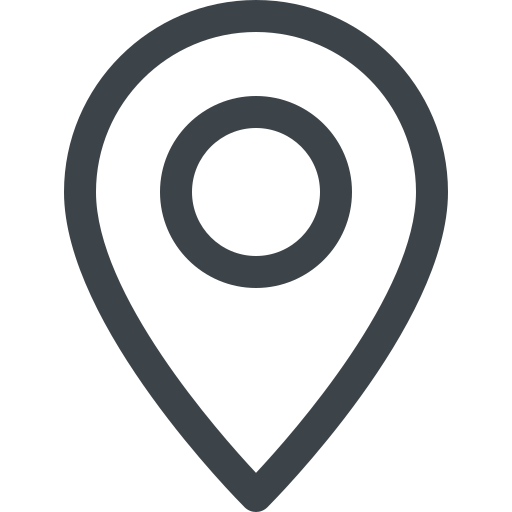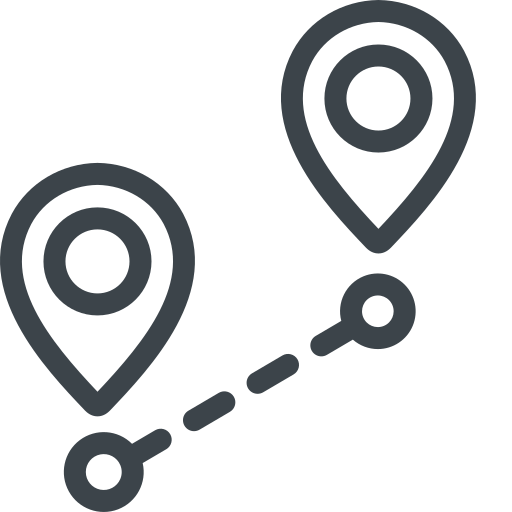Search will change based on location.
 312 Marshall Ave Suite 900, Laurel, MD 20707
312 Marshall Ave Suite 900, Laurel, MD 20707
 5.5 miles away
5.5 miles away
Ask
Question
share
![]()
Monday 9AM - 6PM
Tuesday 9AM - 6PM
Wednesday 9AM - 6PM
Thursday 9AM - 6PM
Friday 9AM - 6PM
Saturday 9AM - 6PM
Sunday Closed
![]() 301-304-1226
301-304-1226
 holgromedicalconsultants.org
holgromedicalconsultants.org
![]() holgroenterprise@aol.com
holgroenterprise@aol.com
![]() Mon 11am - Fri 10pm
Mon 11am - Fri 10pm
0 Following
Dr. Prudence Jackson, Founder and Medical Director of Holgro Medical Consultants, launched this business in Fall 2019 on the highest ethical and moral principles under the law. A highly recognized alumni of Howard University Medical School, Dr. Jackson has been a licensed medical doctor for over 30 years, where 25 of those years were spent caring for people in the Emergency Room (ER). Her experience in the ER, and later as a Chief Medical Officer for a large urgent care company operating in Maryland, Delaware, Pennsylvania, and Virginia, has allowed her to treat patients with many medical conditions from a plethora of medical specialty categories. After attending a wide-ranging conference on medical cannabis, with national and international experts, Dr. Jackson realized the benefits and successes of medical cannabis use, and saw another way to help patients when traditional medicines fall short. She is a registered Medical Cannabis Certifying Physician, an active member of the Society of Cannabis Clinicians (SCC), and has extensive training through the Clinical Cannabinoid Medicine Curriculum for practicing cannabis clinicians, developed by the SCC.
0 Reviews of Holgro Medical Consultants
and we will get back you.
Understanding Can Boost Trust Imagine you see a new post from your favorite social media influencer saying that spinach is unhealthy. Wow—maybe you now have an excuse not to eat it the next time it shows up on your dinner plate! But you also know that the influencer is not a scientist or health professional, and he did not say why spinach is bad… so can you trust what he said? After all, you have always heard that spinach is good for you. The next day in school, you ask your science teacher if she has heard this new spinach rumor. She explains that spinach contains a substance called oxalic acid. In very large amounts, this substance can prevent the body from absorbing minerals properly—however, you would have to eat over two pounds of spinach every day for that to happen! So, she says, enjoying spinach in normal amounts is perfectly healthy and provides important nutrients, like iron. Even if you would like to avoid eating your spinach, who are you more likely to believe: your science teacher or the influencer? If you chose your teacher, your choice probably came down to two main factors: knowledge and trust. Your teacher gave you important knowledge about spinach—she took the time to explain the details so that you understood where the influencer’s claim came from. You also recognize that, unlike the influencer, your teacher has a background in science and knows what she is talking about. You trust her and remember that she has given you correct information in the past. As you can see, having knowledge about a health-related topic and trusting health information (and health experts) go together. Building knowledge and trust is a two-way street: we have a role to play by learning all we can, but scientists and health professionals such as nurses, doctors, dentists, dieticians, and others have responsibilities, too. In the rest of this article, we will describe why it is important to trust science and how our knowledge of health-related topics can boost our trust in expert advice, helping us to make the best possible health decisions. We will explain how you can improve your health literacy, and the important things that scientists and health professionals can do to help people build this knowledge and trust. Why is it Important to Trust Science? Why is it so important to trust science in the first place? Maybe that is easiest to understand by looking at an example of what can happen when people do not have this trust. During the early stages of the COVID-19 pandemic, there was a huge amount of information about the disease. You may have seen news stories and social media posts, or heard things your classmates said, or things adults were talking about. Some of the information was helpful but some of it was incorrect or was even dangerous. The information came so quickly that it came to be called an infodemicWhen false information and rumors spread very quickly online and in the news, making it hard to know what is true. It is like a disease outbreak of bad information. [1]. Just like a pandemic, in which a disease spreads very quickly, an infodemic is when information and rumors spread so fast that it is hard to know what is true. Some of the false information scared people, such as rumors claiming that the vaccines did not work, were unsafe, or even that they contained microchips that could track people. Scary rumors that spread during the infodemic contributed to vaccine hesitancyWhen people do not trust what health experts say about vaccines, so they are unsure or hesitant about getting the shot. This can put themselves and others at risk of getting sick., which is when people do not trust what health experts tell them about a vaccine, so they are unsure (or “hesitant”) about getting the shot. Vaccine hesitancy is not limited to the COVID-19 pandemic—some people choose not to get vaccines that could protect them against other dangerous diseases, too [2]. Lack of understanding or trust in science can also show up in other health behaviors. For instance, during the COVID-19 pandemic, some people did not believe it was important to wear masks or follow social distancing guidelines. Beyond COVID-19, people who do not trust the guidance provided by health experts might choose to participate in unhealthy or risky behaviors like smoking or unprotected sex, or they may refuse to get checkups, cancer screenings, or other types of medical care, even if that care is readily available. Overall, public trust in science is critical for keeping people healthy.
.jpg)